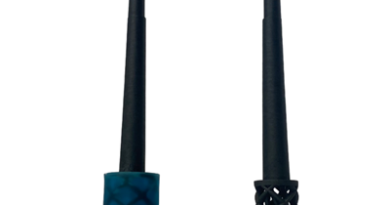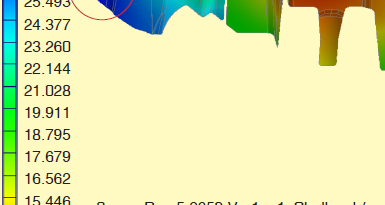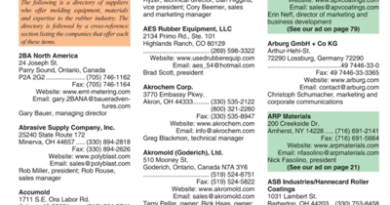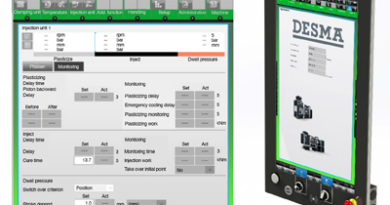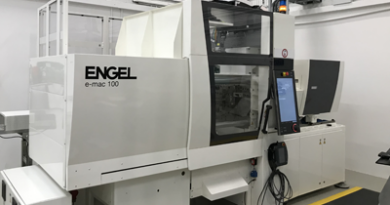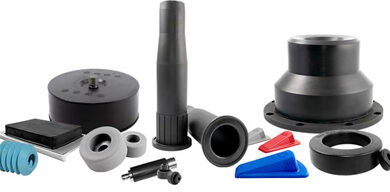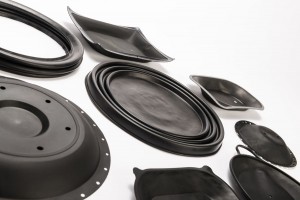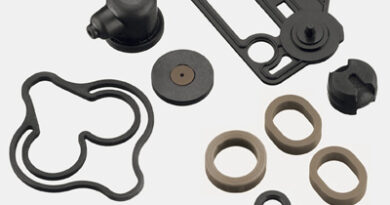Alpine Advanced Materials introduces rapid prototype molding
Alpine Advanced Materials has introduced Rapid Prototype Molding (RPM) using Addifab’s proprietary resin system and Nexa3D’s printers to give clients a more rapid tool manufacturing solution that provides a functional and testable part at a fraction of the cost. Complementing Alpine’s suite of high-performance engineered materials and advanced design services, RPM Freeform Injection Molding delivers complex injection molded parts more quickly and affordably than when using standard steel molds.
Read More
